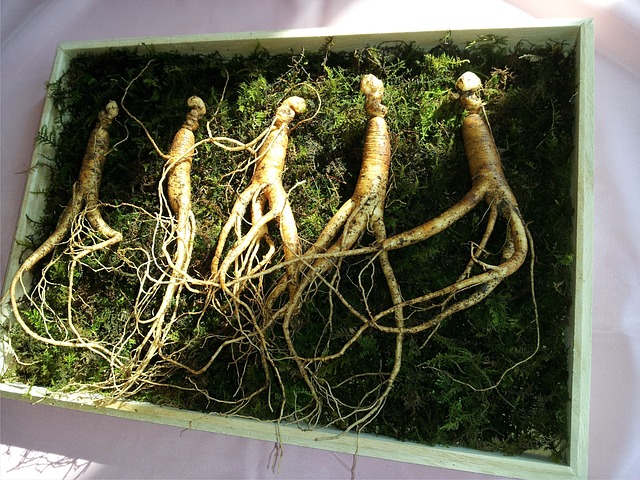When we first think of caffeine, most of us merely think of coffee. However, in reality there are hundreds of thousands manufactured products that contain synthetic forms of caffeine. Most of us don’t realise that caffeine we drink in coffee and energy drinks is manufactured, often through the chemical synthesis of urea as the raw material. Furthermore, it is exposed to numerous harsh chemicals such as methylene chloride, ethyl acetate and carbon dioxide. However, there are also over 60 known types of plants with naturally occurring caffeine.
Synthetic caffeine is normally much more potent caffeine isolate than what is found naturally occurring in the plant kingdom. Therefore, it is absorbed into the digestive system much quicker than the natural alternatives. As a result there is a much sharper, quicker spike, but also, a quicker crash.
This spike is worsened by the levels of manufactured caffeine placed in common drinks. Caffeinated soft drinks can have 35 to 40 milligrams of caffeine per 12 ounces. Coffee cups can have as much as 100 milligrams of caffeine per 12 ounces. And 16-ounce Grande coffee from Starbucks has over 200 milligrams worth. Clearly the abundance on caffeine is not very good for the human body in the long term and in the short- term can result in a harsh crash. This in turn leads to more and more coffee being consumed.
Natural alternatives become more appealing when considering that consuming high levels of caffeine can result in the following; raised blood pressure, higher risk of heart attack in young adults, insomnia, can cause headaches, increase miscarriage and many more.
Coffee beans at a farm.
However, there are some natural alternatives. Caffeine is naturally produced by several plants, including coffee beans, guarana, verba mate, cacao beans, and tea and many more. Here we shall go through some of the various alternatives that are available:
Guarana’s main use is to boost energy. It has twice as much caffeine than coffee beans. The biggest positive effect comes cognitively. It has been in shown clinically in several studies - that Guarana can improve memory, alertness, cognitive functions and reduce fatigue. (Kennedy, 2008) (Campos, 2010).
Ginkgo Biloba is a herbal extract from the nut of the tree with the same name. The herb has been used for hundreds of years by the Chinese in medicine, it is use to increase blood flow to the brain. There have been various accounts of improved focus and creativity when using this herb.
The Ginseng plant
Ginseng grows all over the world and varies in its potency. Also used since ancient times, ginseng is beneficial for increased blood flow, and like coffee, has a stimulating effect.
As you can see there are various alternatives to synthetic caffeine. It can stimulate as effectively as your usual cup of coffee, can give a more sustained sense of alertness, with a less sharp crash and often has added effects such as increased creativity. So perhaps next time, don’t reach for your usual mug of coffee and pursue a more natural alertness option.
Why not use WAYK, a new product which uses Guarana as a natural source of caffeine. WAYK is a new product about to be launched here in the UK by a pharmaceutical company called Clinova. Its formula of caffeine, Guarana and Zinc will result in s prolonged stimulation as well as increased cognitive functioning.








